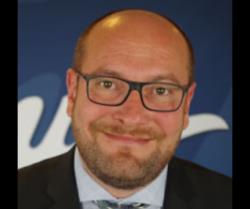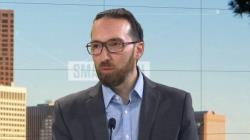Pushing the limits of the internet
AFNIC
Session 234
With technological progress and the ubiquitous digitization of society, the Internet has become both a critical infrastructure and an essential driver of society. While the Internet has shown its resilience, it is still under construction, and its boundaries are constantly being questioned, both technically and in terms of governance.
The constant evolution of the Internet - from cable to protocols - the exponential development of the Internet of Things as well as the emergence of quantum computing present both unprecedented opportunities, while shifting the limits of the Internet.
This session will examine the evolution of the Internet in terms of public policy (from cybersecurity and privacy consideration to interoperability), and the impact of emerging technologies on its governance, with a special focus on post quantum cryptography.
The session also aims at showcasing concrete examples of stakeholder collaboration and will draw on the work of partner organizations, in particular several reports and research papers and two sessions organized in 2025, at Eurodig and the Global IGF.




-
 C1. The role of governments and all stakeholders in the promotion of ICTs for development
C1. The role of governments and all stakeholders in the promotion of ICTs for development
-
 C2. Information and communication infrastructure
C2. Information and communication infrastructure
-
 C4. Capacity building
C4. Capacity building
-
 C5. Building confidence and security in use of ICTs
C5. Building confidence and security in use of ICTs
-
 Goal 9: Build resilient infrastructure, promote sustainable industrialization and foster innovation
Goal 9: Build resilient infrastructure, promote sustainable industrialization and foster innovation
-
 Goal 16: Promote just, peaceful and inclusive societies
Goal 16: Promote just, peaceful and inclusive societies
- Objective 1: Close all digital divides and accelerate progress across the Sustainable Development Goals
- Objective 3: Foster an inclusive, open, safe and secure digital space that respects, protects and promotes human rights